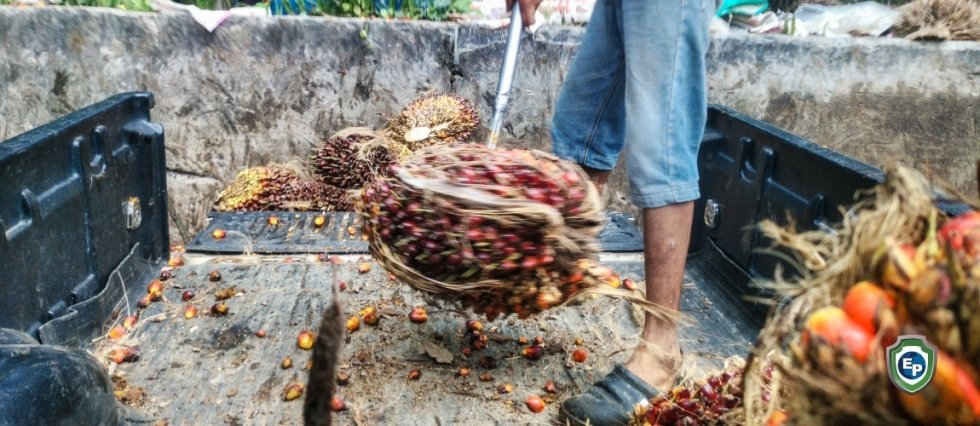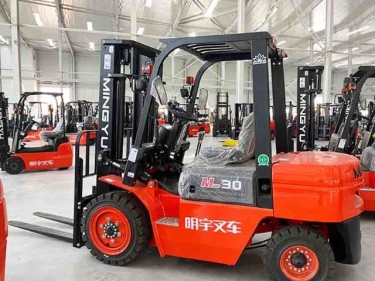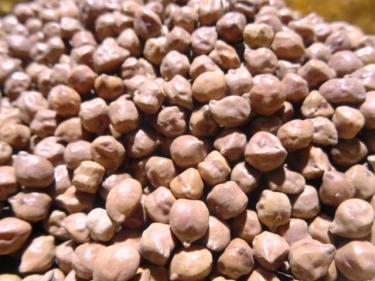Malaysia Escalate EU Palm Oil Dispute at WTO
The Malaysia-EU palm oil dispute has escalated, with Malaysia requesting WTO dispute consultations with the union. Come take a look at our article to learn more.

A recent trade dispute between Malaysia and the European Union (EU) has escalated to the World Trade Organization (WTO) due to the latter’s restriction of palm oil-based biofuels. Filings at the WTO revealed this issue ahead of its dispute settlement body’s meeting in May.
The situation involves an EU directive that biofuel produced from palm oil will no longer count as a green fuel and be phased out under new EU renewable energy targets. In particular, the union will suspend palm oil from biofuels in 2023 under the Renewable Energy Directive (RED) II until it is permanently excluded due to sustainability concerns. According to the EU, palm oil cultivation causes excessive deforestation and should not count towards renewable energy targets.
This latest policy also affects Indonesia and meets objections from the two top world palm oil producers in separate but parallel cases at the WTO. Indonesia and Malaysia alone account for about 84% of global palm oil production. These two countries claim the EU measures confer "unfair benefits" on local biofuels producers, such as rapeseed and sunflower oil.
It is no surprise that the two biggest players of palm oil production are fighting to ensure their access to such an enormous market like the EU. They see the EU's moves on oil palm-based biofuels as the first steps toward a much tougher stance on environmental standards that could jeopardize their future revenues.

However, in a bid to change public opinion and consumer preferences to be more environmentally friendly, the EU is taking a firm stand against products that contribute to carbon emission. It thus appears that the union is leveraging its economic power to ensure that products entering the trading bloc are more environmentally sustainable.
On May 28th, the WTO members agreed to establish a dispute panel in response to Malaysia's request. A previous request had been turned down at a similar meeting in April. The EU disapproves Malaysia's decision to renew its demand for a panel, believing that the measures were justified and is confident of victory.
It usually takes about six months from the time the WTO establishes a panel to produce its final report, and another six months for it to be adopted if no appeal is filed. If this is the case, it could take another three months before a final decision is reached.
Learn More With Export Portal
If you have any questions about international trade or are looking for a trustworthy and secure space to complete global trade transactions, make sure to check out our site! We are always happy to help.


















Comments 2